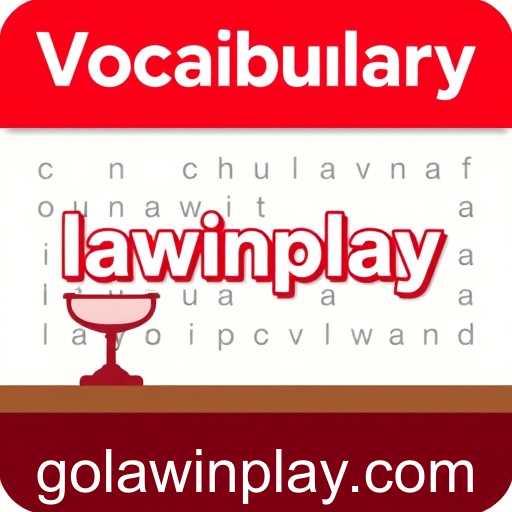Explore the compelling world of word games, focusing on the intriguing concept of 'lawinplay'. This article delves into the evolution of word games as an engaging category on gaming platforms, examining player engagement, educational benefits, and the widespread appeal of language-based challenges.
In the expansive universe of online and app-based gaming, word games have carved out a uniquely vibrant niche. With the keyword 'lawinplay' highlighting this category, word games merge entertainment with the mystique of language, drawing in players with their promise of mental engagement and cognitive challenge.
Word games, once restricted to crossword puzzles or scrabble boards, have now blossomed into a digital phenomenon, bringing traditional games into the modern age. Platforms leveraging the keyword 'lawinplay' have seen a surge in popularity as players of all ages seek to enhance their vocabulary, language skills, and mental agility through an engaging format.
These games are not only fun; they serve an educational purpose that benefits both young and older players. Gamifying vocabulary acquisition and word recognition is a proven method to improve language skills, making these games a favorite among educators and parents who recognize the cognitive benefits intertwined with the entertainment value. With features like time challenges, multiplayer modes, and progressive difficulty, word games provide endless opportunities for skill enhancement while keeping the gameplay fresh and exciting.
The 'lawinplay' approach has enhanced player engagement by incorporating legal and regulatory themes into word puzzles, offering a compelling twist that both entertains and educates. It encourages players to think critically about words and their implications in various contexts, especially in terms of law and ethics, thereby broadening their understanding of language as it applies to different fields.
This innovative subcategory of word games exemplifies the genre's potential to continuously adapt and expand, bringing in diverse themes and interactivity levels. By inspiring users to play with words not only for pleasure but also for gaining knowledge, word games maintain their significant place within the broader gaming landscape.
As more game developers harness the keyword 'lawinplay' to drive engagement and learning, the future of word games looks brighter than ever. They offer a universal appeal that transcends generations and learning levels, fostering a community of word enthusiasts keen on challenging themselves and each other in a digitally connected world. The expanding influence of word games signifies more than just a passing trend—it reflects an enduring appreciation for the beauty and complexity of language.




